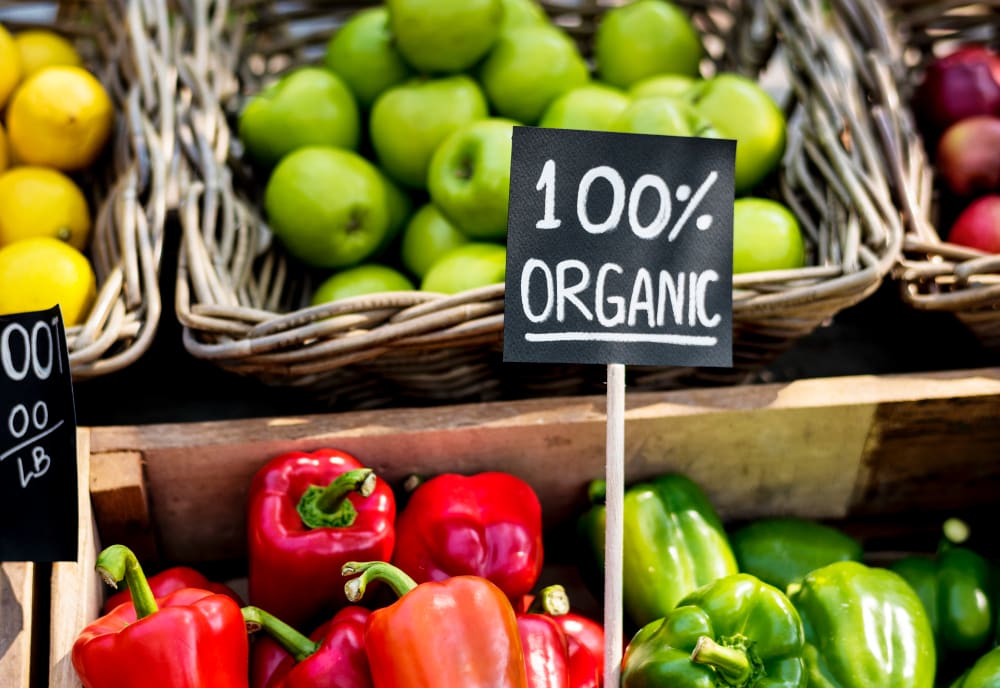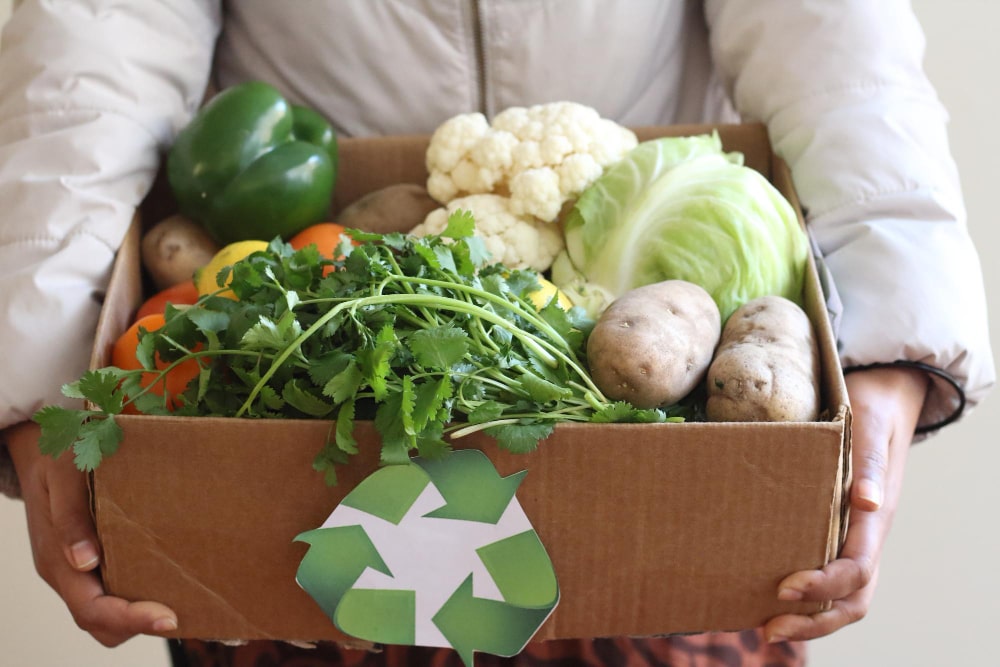Blog
The Importance of a Pesticide-Free Diet

More and more people are questioning what is really in their food and how it can affect them in the long term. Among the most concerning factors is the presence of pesticides in the foods that reach our table, especially fruits and vegetables. This article from KuokoKitchen delves into the importance of consuming products free of these chemicals, analyzing the dangers posed by their ingestion and the available options to protect both our health and the environment around us.
What are pesticides and why are they used?
Pesticides are chemical substances used in agriculture to control pests, diseases, and weeds that can damage crops. Their widespread use has allowed for a significant increase in food production worldwide, making it possible to feed a growing population. However, this productive advantage comes with negative consequences.
These compounds can accumulate in food, and although regulations set maximum limits for their presence, constant and cumulative exposure in the human body can have harmful effects. Additionally, some pesticides persist in the environment and can contaminate soil, water, and biodiversity.
Risks to human health
Frequent consumption of foods with pesticide residues is linked to various health problems. These chemicals can disrupt hormonal balance and contribute to chronic diseases such as diabetes, obesity, and reproductive disorders. Prolonged exposure also increases the risk of certain cancers, especially in children, who are more vulnerable due to their development. Furthermore, pesticides can cause allergies, intolerances, and neurological disorders such as attention and memory problems.
Environmental and ecological impact
Indiscriminate pesticide use affects not only those who consume the food but also the environment. These chemicals can harm local flora and fauna, cause a decline in essential pollinators like bees, and contaminate water bodies, impacting aquatic life.
Agricultural biodiversity is also threatened, as intensive monoculture and reliance on pesticides reduce genetic diversity and natural crop resistance. This makes agricultural systems more vulnerable to pests and diseases, creating a vicious cycle that perpetuates increasing pesticide use.

Benefits of a pesticide-free diet
Adopting an organic diet based on pesticide-free foods offers multiple benefits, both personally and collectively. First, reducing exposure to toxic foods improves health in the short and long term. People following an organic diet often show better overall well-being indicators.
Additionally, this choice promotes sustainable and responsible agricultural practices that respect natural cycles and encourage soil and biodiversity conservation. Supporting producers who use organic methods also contributes to the local economy and the creation of fairer, more resilient food systems.
Finally, a pesticide-free diet is usually more nutritious. Various studies have shown that organic food grown without chemicals contains higher amounts of vitamins, minerals, and antioxidants, resulting in a more complete and balanced diet.
How to choose pesticide-free foods
To reduce pesticide intake, it is key to choose organic or certified foods grown without synthetic pesticides. It is also advisable to consume seasonal and local products and support local markets to obtain fresh foods. Washing fruits and vegetables well helps remove surface residues, though not completely, and peeling some products can reduce pesticides but also nutrients. Growing food at home, even on a small scale, is another effective way to control what we eat.
A pesticide-free diet is essential for the health of people and the planet. Choosing chemical-free products protects our bodies, helps the environment, and promotes sustainable and fair agriculture. Although changing habits can be challenging, small daily decisions, such as opting for organic foods and supporting local producers, have a big impact. Prioritizing the quality and purity of food is an investment in well-being and a healthier future for all.


